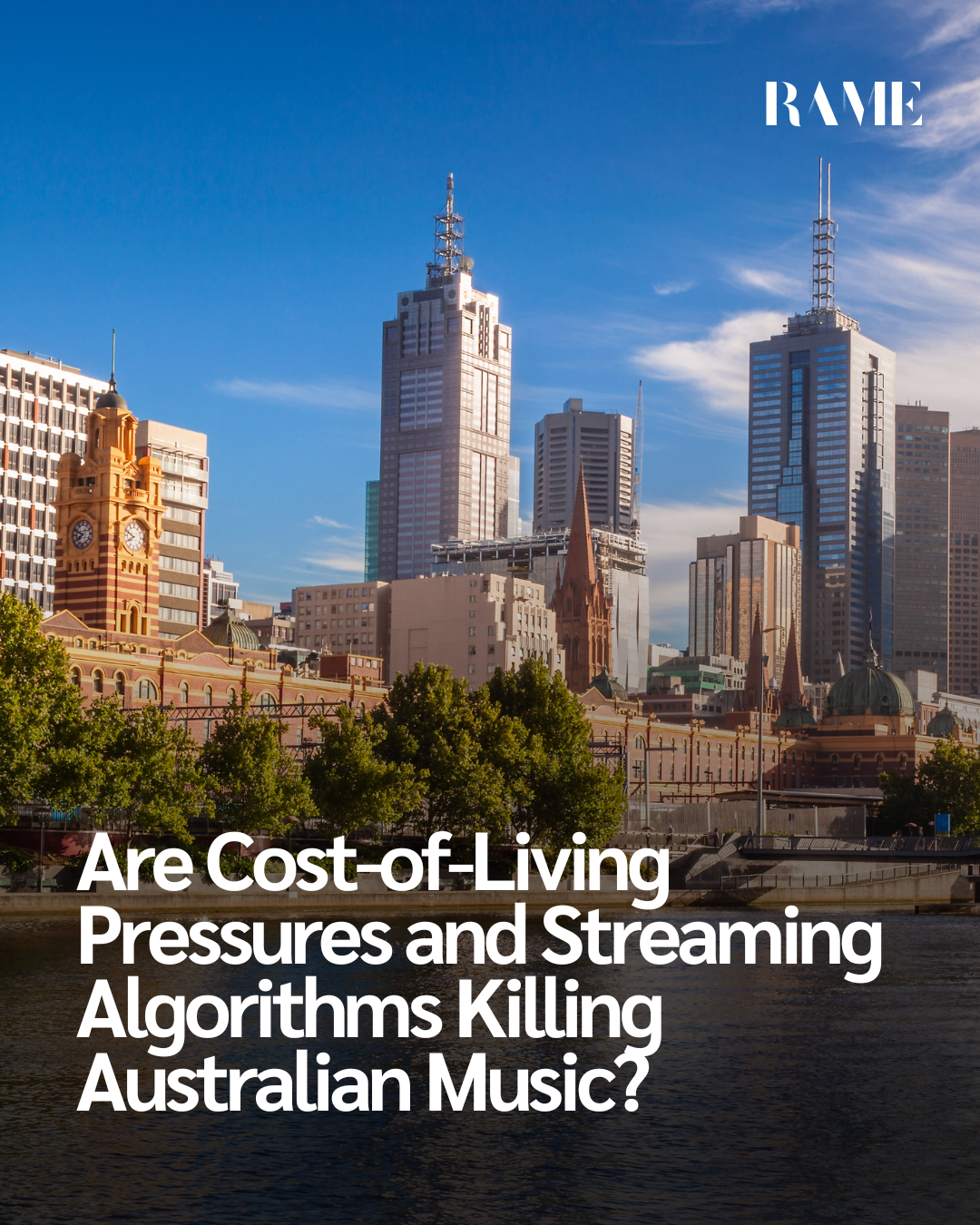The Australian music industry is sounding the alarm. Live venues are closing. Festivals are disappearing. Artists are struggling to survive. And community radio stations the heart of local music discovery are fighting to stay on air. So, what happens when audiences can no longer afford to show up?
Triple J’s all-Australian Hottest 100 countdown last weekend sparked more than just nostalgia. It triggered a broader conversation about whether the nation’s music culture is being eroded not just by economic hardship, but by algorithm-driven platforms that are reshaping how we listen, and what we hear.
Let’s break it down.
When Music Becomes a Luxury
An April report by Creative Australia found that 62% of Australians say music is essential in their lives. But that love isn’t translating into ticket sales. The number one reason? Cost.
“People just don’t have as much disposable income right now,” said Joe Draffen, bassist of Melbourne band Floodlights. “Flights, accommodation, gear hire, crew it all adds up. Touring’s gotten a lot more expensive.”
And with audiences choosing to save up for rare international acts, many local artists are left playing to half-empty rooms or not playing at all.
Community radio, long a launchpad for emerging acts, isn’t immune either. Tyson Koh, managing director of FBi Radio, says the station has entered “extreme financial distress,” cutting half its permanent staff in June. “We need our listeners to show up for us if we are to survive,” he said.
The Streaming Paradox
Meanwhile, algorithmic platforms like Spotify continue to thrive. Market research by Roy Morgan found Spotify more than doubled its Australian user base between 2017 and 2020.
That success has come at a cost to traditional avenues of music discovery. “People already have several subscription-based services,” Koh said. “We’ve gotten lost in the mix.”
He believes this algorithmic convenience is contributing to a “giant homogenous culture” that sidelines diverse, local voices in favor of data-driven hits.
“Social media and algorithms can’t replicate the experience of seeing a band live,” Koh added. “That’s where the real connection happens.”
Losing the Foundations: Venues, Festivals, and Community Pressures
Since 2022, over 25 music festivals in Australia have been cancelled. Add to that the staggering loss of more than 1,300 live music stages since COVID-19, according to APRA AMCOS, and the landscape is looking bleak.
“Venues are being bled by insurance premiums, rent, alcohol excise,” said Caitlin Welsh, co-founder of SydneyMusic.net, a manually curated gig guide. “Punters can’t afford to buy as many drinks as they used to because their rent is too damn high.”
In Brisbane, India Wallis of the youth-focused label Starving Kids said the closure of smaller venues is choking off opportunities for new acts. “The gap between local acts and established acts seems to be getting wider,” she said.
Can Triple J Do More?
Some in the industry think Australia’s national youth broadcaster should be doing more than just meeting its mandated 40% local music quota.
Musician Ben Lee, who is expected to appear in the recent Hottest 100 with classics like Catch My Disease, believes Triple J should exclusively promote Australian music. “I just don’t see the logic in a taxpayer-funded station using their platform to promote international acts,” he told SBS News.
Lachlan Macara, head of Triple J, defended the station’s approach, saying its mix of international and local acts makes the Hottest 100 “so special.” The station consistently plays closer to 50% Australian music.
Others agree the focus should be more nuanced. “Nobody does more for Australian music than Triple J,” Welsh said. “The real issue is the commercial stations. There’s been zero accountability there.”
What’s At Stake
Here’s the thing: if music is only made by those who can afford to be poor, then the diversity, vitality, and authenticity of the Australian music scene will collapse.
As Koh puts it: “We have to decide as a society whether music is important. If we can agree on that, then the question comes down to support and participation.”
That means buying tickets to local shows, donating to community radio, subscribing to local gig guides, and demanding accountability from major platforms and broadcasters.
Because if the system continues as is, we may not just lose a few festivals or radio stations we could lose the soul of Australian music.



